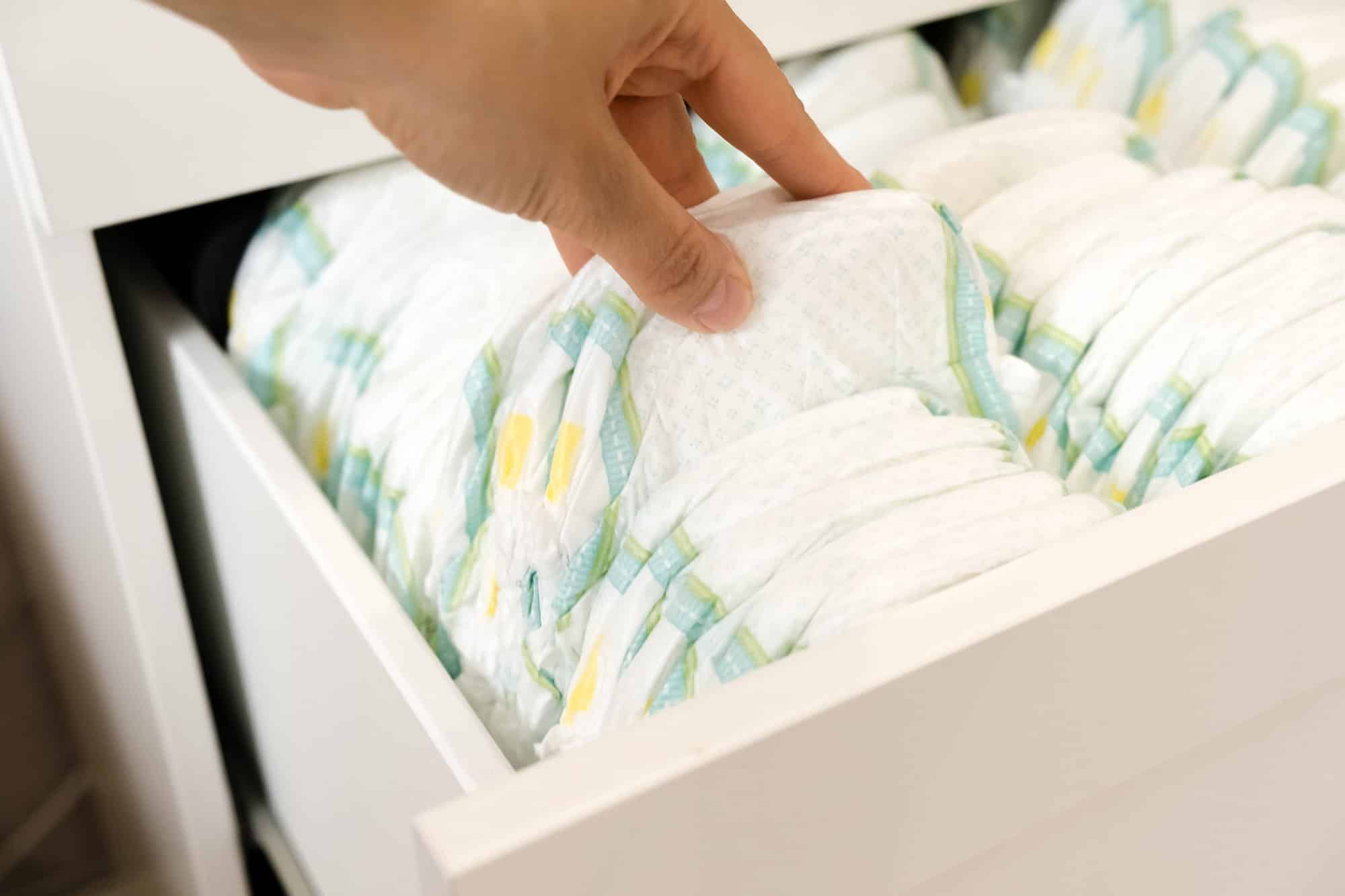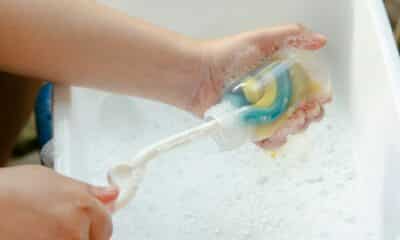Babies
Do Diapers Expire? Understanding Shelf Life and How to Tell

For parents and caregivers, keeping a stockpile of diapers is a practical necessity. However, you might find yourself wondering if diapers have a shelf life and whether they can expire. In this article, we explore the question of whether diapers expire, the factors that may affect their longevity, and how to determine if your diaper stash is still in good condition.
Do Diapers Expire?
Diapers, unlike perishable items, do not have a strict expiration date. Manufacturers design diapers to be durable and able to withstand storage for an extended period. However, several factors can influence the effectiveness and comfort of diapers over time.
- Storage Conditions:
The way diapers are stored plays a crucial role in their longevity. Exposure to extreme temperatures, humidity, or direct sunlight can affect the materials and elasticity of the diapers. It is recommended to store diapers in a cool, dry place, away from sunlight and moisture.
- Packaging Integrity:
The packaging of diapers is designed to protect them from environmental factors. If the packaging is compromised, either by tears, holes, or exposure to air, the diapers may be more susceptible to degradation. Inspect the packaging for any signs of damage before use.
- Materials Breakdown:
Over time, the materials used in diapers, such as the absorbent core and elastic components, may break down. This can result in reduced absorbency and a potential loss of the snug fit that prevents leaks. Check for any changes in the texture, thickness, or elasticity of the diapers.
How to Tell if Diapers are Expired or Compromised:
- Inspect the Packaging: Examine the original packaging for any signs of damage, including tears, punctures, or exposure to moisture. If the packaging is intact, the diapers are likely in better condition.
- Check for Changes in Appearance: Inspect the diapers for any changes in color, texture, or thickness. Discoloration, a brittle texture, or a thinner-than-usual feel may indicate that the materials have begun to break down.
- Assess Elasticity: Gently stretch the elastic components of the diaper, including the waistbands and leg cuffs. If the elastic is saggy, loses its stretch, or appears brittle, the diapers may not provide the optimal fit.
- Smell Test: While diapers themselves don’t typically have a distinct odor, a musty or unpleasant smell could be an indication of mold or mildew, especially if the packaging has been compromised.
Conclusion:
While diapers don’t come with a precise expiration date, their condition can be affected by various factors over time. Regularly inspecting the packaging and the diapers themselves for signs of damage, changes in appearance, or loss of elasticity will help ensure that your diaper supply remains effective and comfortable for your little one. Remember that a well-maintained storage environment can contribute significantly to the longevity of your diaper stash, providing peace of mind for parents and caregivers alike.












